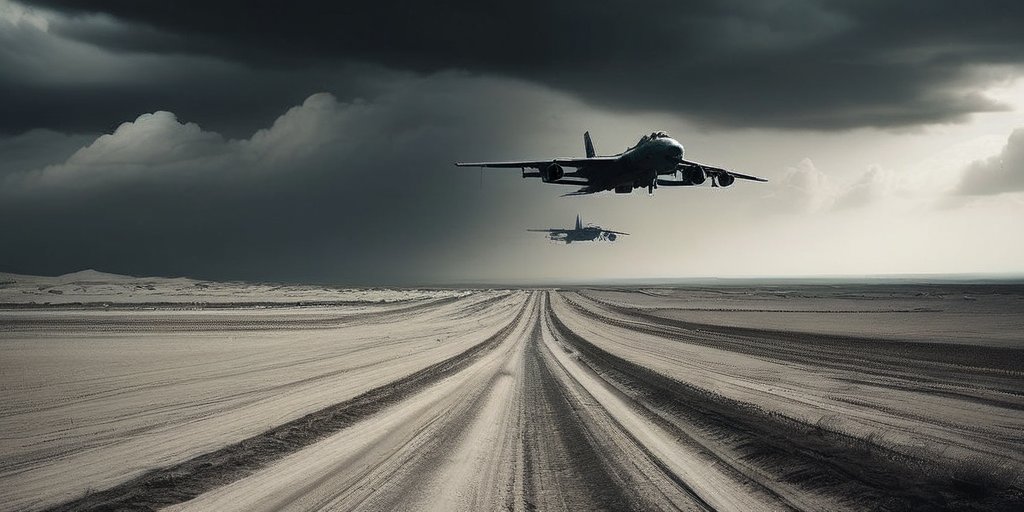In a bold reaffirmation of Iran’s resistance, the nation’s Supreme Leader, Ayatollah Ali Khamenei, declared that the United States gained “no achievements” from the recent military strikes on Iran’s nuclear facilities. This statement comes amidst heightened tensions following a ceasefire agreement with Israel on Tuesday. During a televised address, Khamenei dismissed claims that the US and Israeli airstrikes achieved substantial damage to Iran’s nuclear program, citing that the operations did not lead to any significant disruptions.
US Defense Secretary Pete Hegseth, however, strongly contested Khamenei’s narrative. He described the strikes as a “historic success,” with intelligence indicating they had severely damaged Iran’s nuclear capabilities. President Donald Trump previously echoed this sentiment, stating that the strikes “totally obliterated” key nuclear sites within Iran. Despite the official assertions from US officials, Khamenei responded with defiance, labeling Trump’s claims as exaggerated and reinforcing that Iran would retaliate decisively against any further aggression.
Since a direct conflict erupted between Iran and Israel on June 13, Khamenei’s public appearances had been notably sparse, leading to speculation regarding his safety and security. His return to the public eye involved threats to escalate retaliatory actions against US bases in the Middle East if provoked again. This rhetoric underscores the continuing volatility of the region and the complexities surrounding US-Iran relations.
Amid these developments, reports have emerged from the Biden administration considering various diplomatic pathways to encourage Iran to return to negotiations. However, Iran’s foreign minister emphasized a lack of planned discussions with the United States, indicating ongoing stalemates in diplomatic efforts. This situation underscores wider implications for foreign policy and national security as both superpowers navigate these tense waters, with potential shifts in nuclear policy looming on the horizon.
Ultimately, the dispute encapsulates Trump’s ongoing struggles to frame foreign military engagements positively amid conflicting accounts regarding the effectiveness of US strikes on Iranian soil. The battles for narrative supremacy appear set to continue as both nations prepare for potential next steps in an increasingly unpredictable geopolitical landscape.
